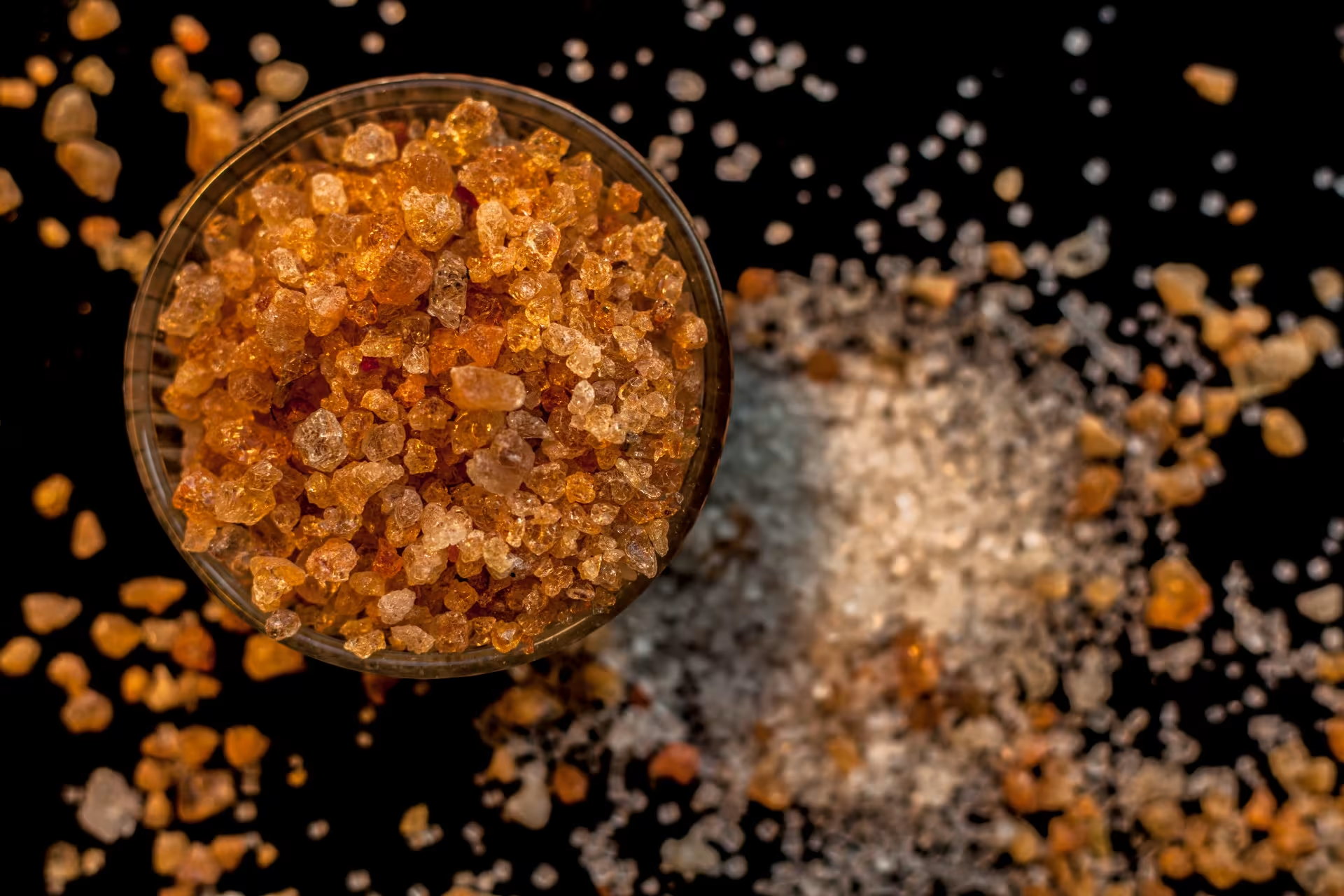In the ever-evolving world of food science, the search for natural, sustainable, and effective ingredients is a growing trend. One ingredient, Arabic gum, has quietly held a place of honor in food production for centuries. Today, it’s stepping into the spotlight as a natural emulsifier with applications that extend far beyond traditional uses.
What Makes Arabic Gum a Superior Emulsifier?
Arabic gum, also known as gum acacia, is derived from the sap of Acacia trees, mainly found in Africa’s Sahel region. This versatile ingredient boasts a unique molecular structure—a complex mixture of glycoproteins and polysaccharides—that makes it a powerful stabilizing agent in food formulations.
Recent studies highlight its unmatched ability to prevent oil and water separation, a common challenge in producing creamy dressings, sauces, and beverages. In fact, a 2023 study published in Food Hydrocolloids revealed that Arabic gum outperforms synthetic emulsifiers in both stability and texture enhancement.
Applications: Where Arabic Gum Shines
Arabic gum is a natural emulsifier found in many common and innovative food products:
- Plant-Based Milks: As the plant-based market soars, Arabic gum ensures a smooth and creamy texture without synthetic additives.
- Clean-Label Confections: With its natural origins, it’s a popular choice for candies, ensuring a consistent coating and extended shelf life.
- Functional Beverages: Energy drinks and fortified waters rely on Arabic gum for uniform nutrient distribution.
Moreover, a pilot project in 2024 explored using Arabic gum in creating emulsified vegan butter, demonstrating its ability to mimic the richness of dairy-based products.
Sustainability and Ethical Harvesting
Beyond its functionality, Arabic gum is a beacon of sustainability. Harvested without damaging Acacia trees, it supports biodiversity and offers livelihoods to farmers in arid regions. A recent push toward ethical sourcing by companies like Ajigofarms ensures that every batch contributes to environmental and social well-being.

The Science Behind the Smoothness
Why does Arabic gum work so well? Its hydrophilic and hydrophobic components bind water and oil molecules, creating a stable emulsion. Researchers at a leading food tech lab have even noted that Arabic gum forms a “protective barrier” around oil droplets, reducing oxidation and prolonging product freshness.
This property has piqued interest in other fields, too. Food scientists are now investigating Arabic gum’s role in encapsulating flavors and probiotics, opening doors to novel food innovations.
Health Benefits Beyond Emulsification
While its emulsifying abilities are well-known, Arabic gum also offers health perks:
- Prebiotic Fiber: Arabic gum is rich in soluble fiber, promoting gut health by supporting beneficial bacteria.
- Low-Allergen Profile: Unlike synthetic emulsifiers, it’s hypoallergenic, making it suitable for diverse consumer needs.
These added benefits make it a win-win for food producers and health-conscious consumers.
Arabic Gum: The Future of Clean-Label Foods
As consumer demand for clean-label, natural products grows, Arabic gum is positioned as a star ingredient. Its natural origins, impressive emulsification properties, and health benefits make it an invaluable asset in crafting innovative food products.
At Ajigofarms, we take pride in offering high-quality, ethically sourced Arabic gum to meet the needs of modern food producers. Whether you’re creating the next big plant-based beverage or a classic confection, Arabic gum is the natural emulsifier your brand needs.
In conclusion, Arabic gum is more than a functional ingredient—it’s a testament to the power of nature in food science. As new research uncovers its potential in flavor encapsulation, probiotic delivery, and even sustainability, the future of Arabic gum looks brighter than ever.




